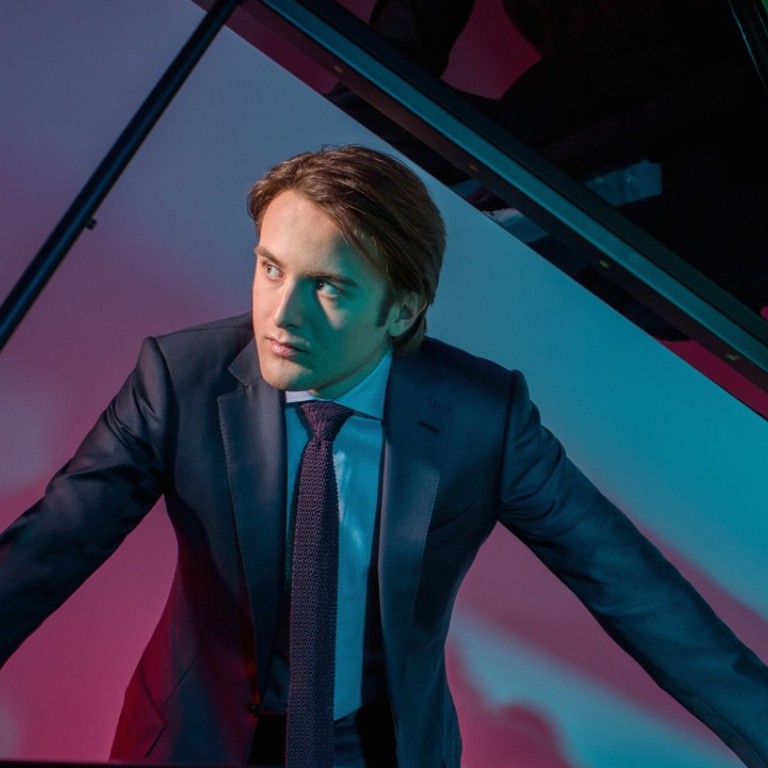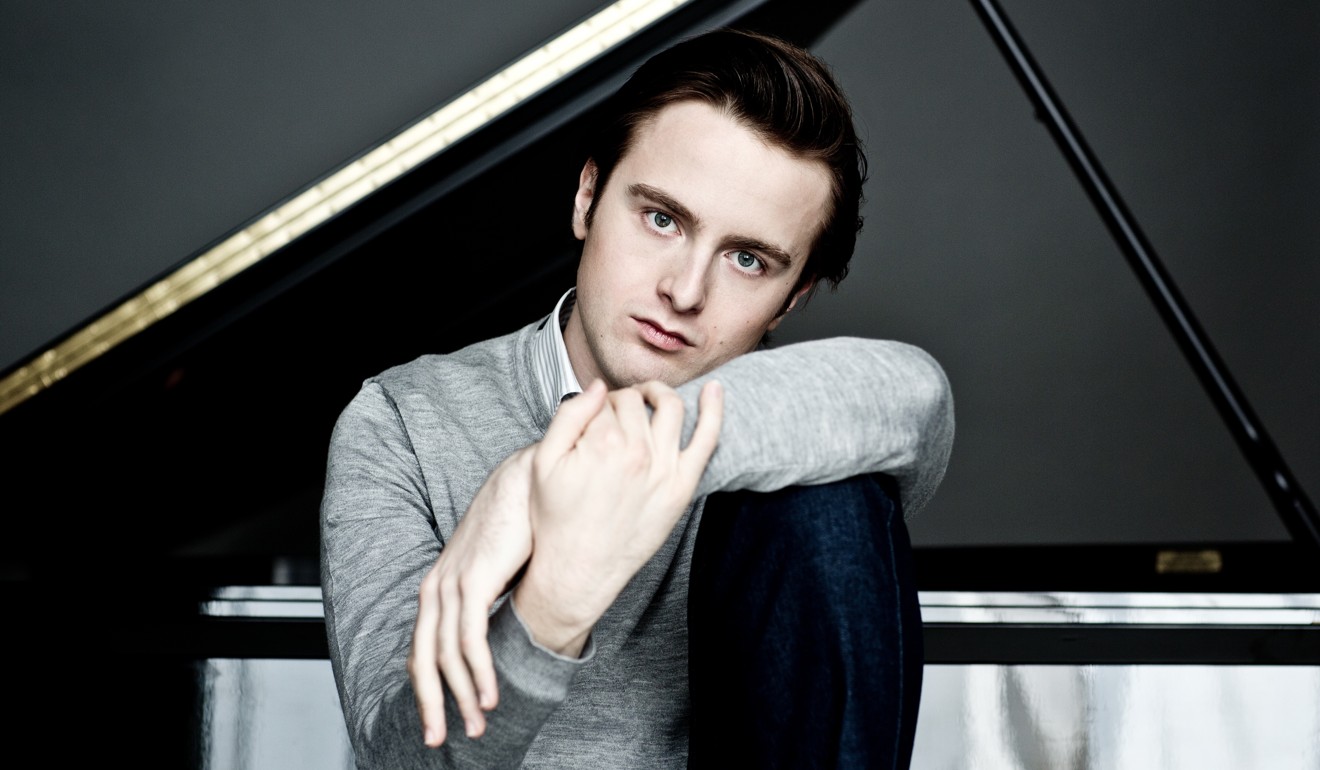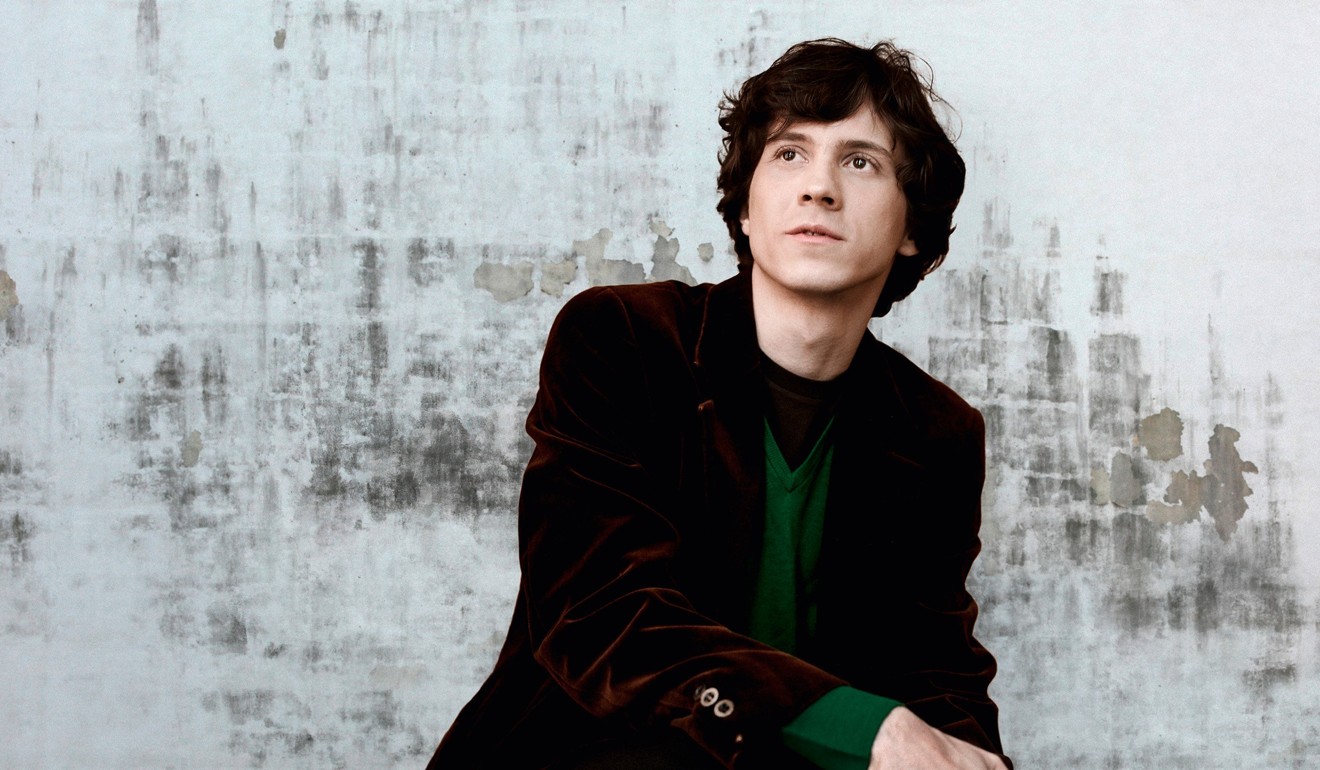
Musical extravaganza: pianists Daniil Trifonov and Rafał Blachacz each to perform Chopin in Hong Kong
Virtuoso musicians are each giving individual performances of Chopin’s Sonata No.2 in B-flat minor
It is unusual in Hong Kong to have the chance to hear exactly the same piece of music, played by two of the world’s greatest performers, within two weeks of each other.
But at the end of September and the beginning of October, two winners of top prizes at recent Frédéric Chopin international piano competitions will perform the 25-minute Chopin Sonata No.2 in B-flat minor Opus 35. And those members of the audience who are lucky enough to hear them both will be able to be their own “competition judges” of which moves them the most.
And even if you think you might not know the piece, when you listen to the third movement, you will find you know it very well.
The sonata is the second of three piano sonatas by Chopin. It is sometimes called the funeral march sonata and its third movement is often played in films and cartoons to dramatise – often to tragi-comical effect – a character’s death, so much so that today it would be considered a pastiche if played at a real funeral.
However, half a century ago it was required playing on the most serious state occasions.
It was played at John F. Kennedy’s funeral in 1963, Winston Churchill’s funeral in 1965 and indeed at Chopin’s own, at Père Lachaise Cemetery in Paris, in 1849.
The first performance of the two in Hong Kong this autumn will be by the 26-year-old Russian Daniil Trifonov, who followed his third prize in the immensely prestigious International Chopin Piano Competition in 2010 with a triumphant first place in the International Tchaikovsky Competition the following year.
Trifonov is going all out in a Chopin piano extravaganza concert at the Hong Kong Cultural Centre on September 26.

There will be two different Variations on a Theme of Chopin (one composed by Catalan composer Federico Mompou; the other by Sergei Rachmaninov), Robert Schumann’s brief homage to the composer (from his Carnaval variations), Edvard Grieg’s Hommage to Chopin, and Pyotr Ilyich Tchaikovsky’s “A little Chopin”.
Then two weeks later Polish pianist Rafał Blachacz will play the piece at City Hall on October 12, as the culmination of a concert programmes, although this one includes other works by Chopin, and Beethoven (Sonata No.3 in C and Rondo in G Op. 51 No.2) and Four Duettos by Johann Sebastian Bach.

Blachacz won the International Chopin Competition in 2005 and in the entire history of that prize, he was the only pianist who has ever won it outright in all five categories. He was also the first Polish performer to win it in 30 years.
He also, in 2014 – when he was 28 – won the US$30,000 Gilmore prize, a prize for which the “competitors” do not even know they are being considered, and the judges travel anonymously to see them perform in different concert halls.
“I don’t think one has to be Polish to play Chopin’s music as there are so many excellent interpreters of his music who are not Polish,” Blechacz said in an interview in 2013. “But perhaps being Polish makes it a bit easier for me.”
Before he won the Chopin competition he had been practising on an upright piano, he said, but the prize meant that he was able to choose a Steinway concert grand.
“I was given the opportunity to choose a piano from the Steinway Factory in Hamburg. I was given about 6 pianos to choose from and all were perfect, but I spent a lot of time with one piano that I especially liked ... I was able to choose a great piano that I can work on the big repertoire with – Debussy and Szymanowski, and also the Classical composers like Haydn, Beethoven and Mozart ... Finally, I found the piano and I am very happy that now I can practise on such a wonderful instrument.”
Chopin wrote the Sonata number soon after the November Uprising of 1830.
It was a terrible moment in eastern European history, beginning when a few brave Polish officers (recruited into the army of the Russian Empire) rebelled against their overlords. It led to all-out war between Poland and Russia, which the Poles, the smaller force, lost.
Chopin had left Warsaw a few weeks before, to tour Western Europe and pursue his musical career. To his sadness, he never returned home. This piece was one of the many he wrote, remembering his beloved country, and it is perhaps the one that for him held all the sadness of the war.
It was a piece of music much loved and often demanded by audiences in Chopin’s own time, and yet, because of those memories, he found it almost impossible to play.
Indeed, according to Chopin specialist Jeffrey Kallbert, in an interview in 2010 with US radio station NPR, sometimes Chopin used to play for many hours in salons, “and the only way to get him to stop playing” was to request him to play piano sonata No.2.

